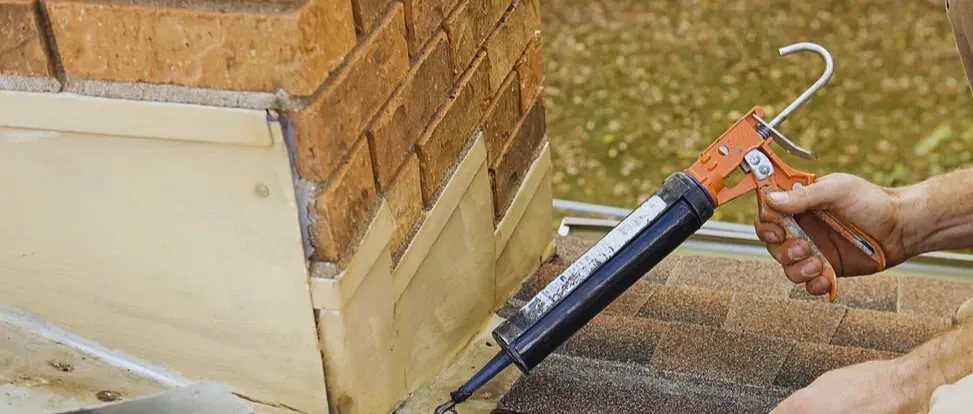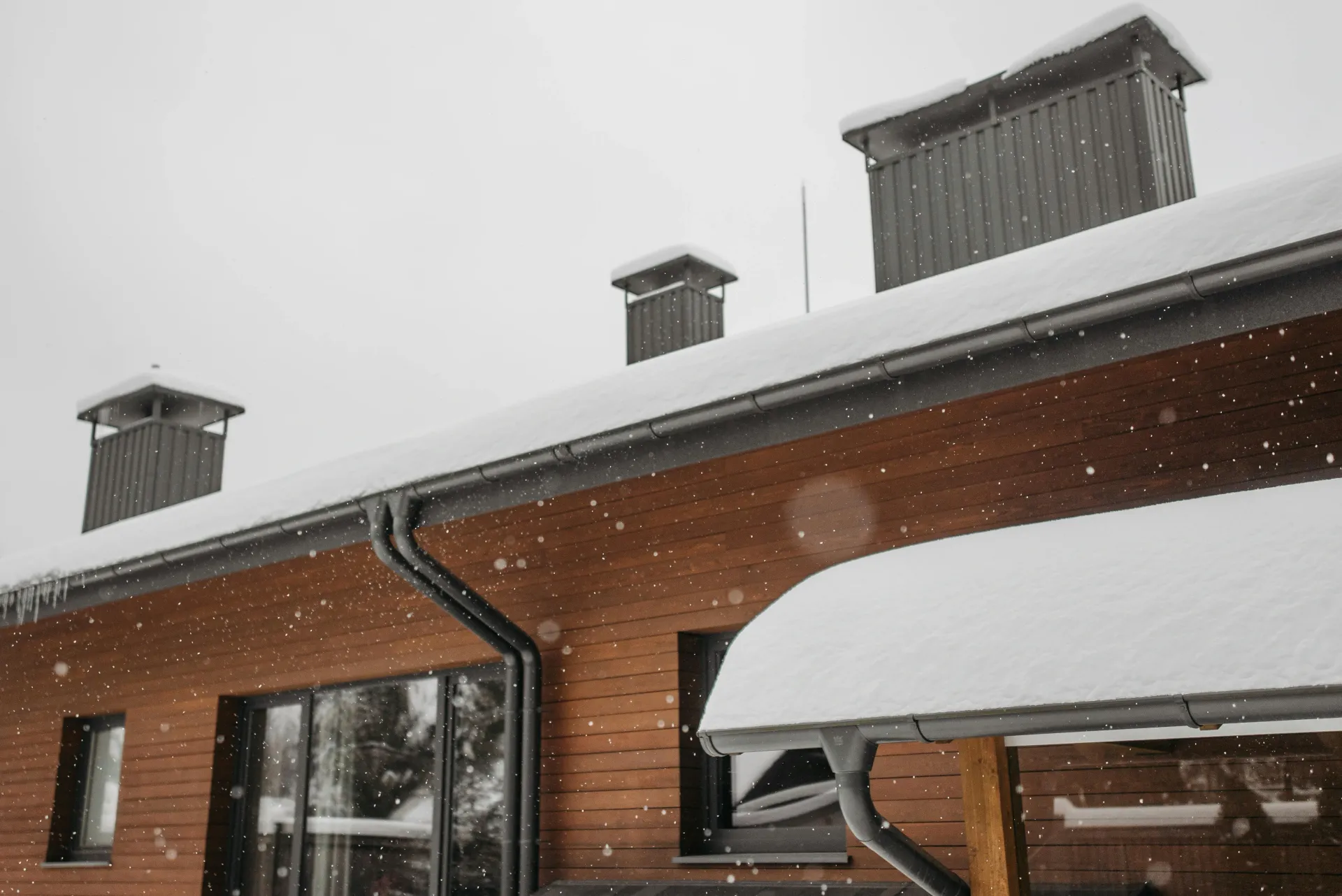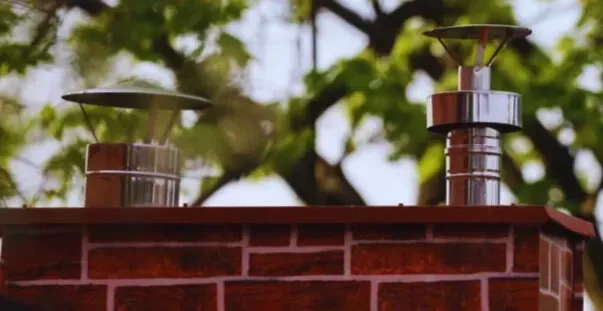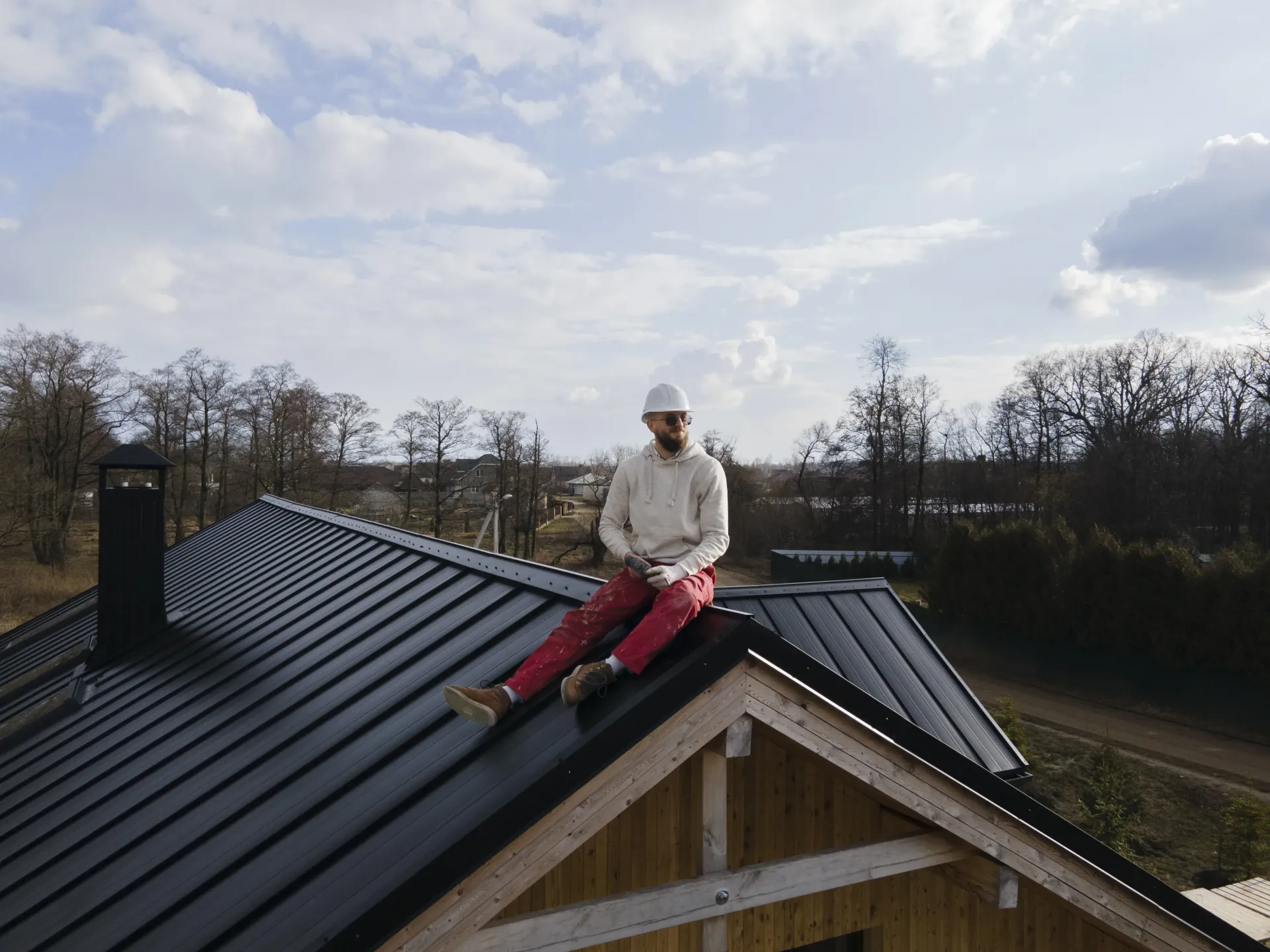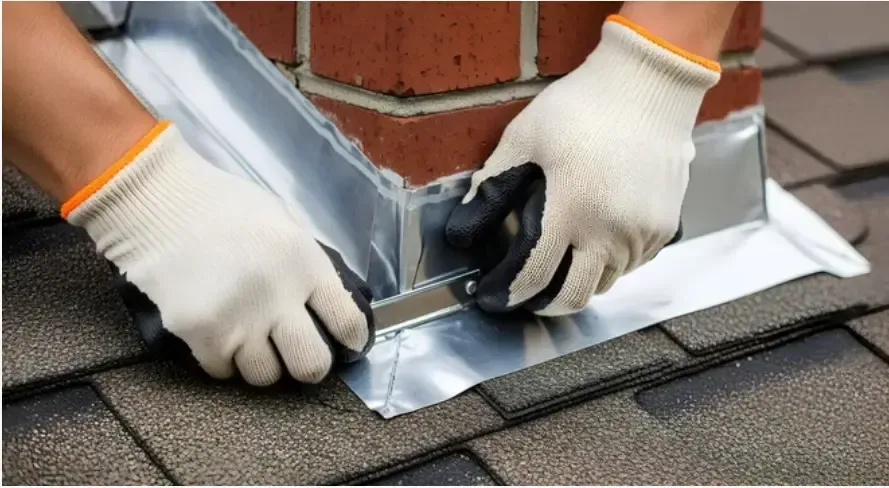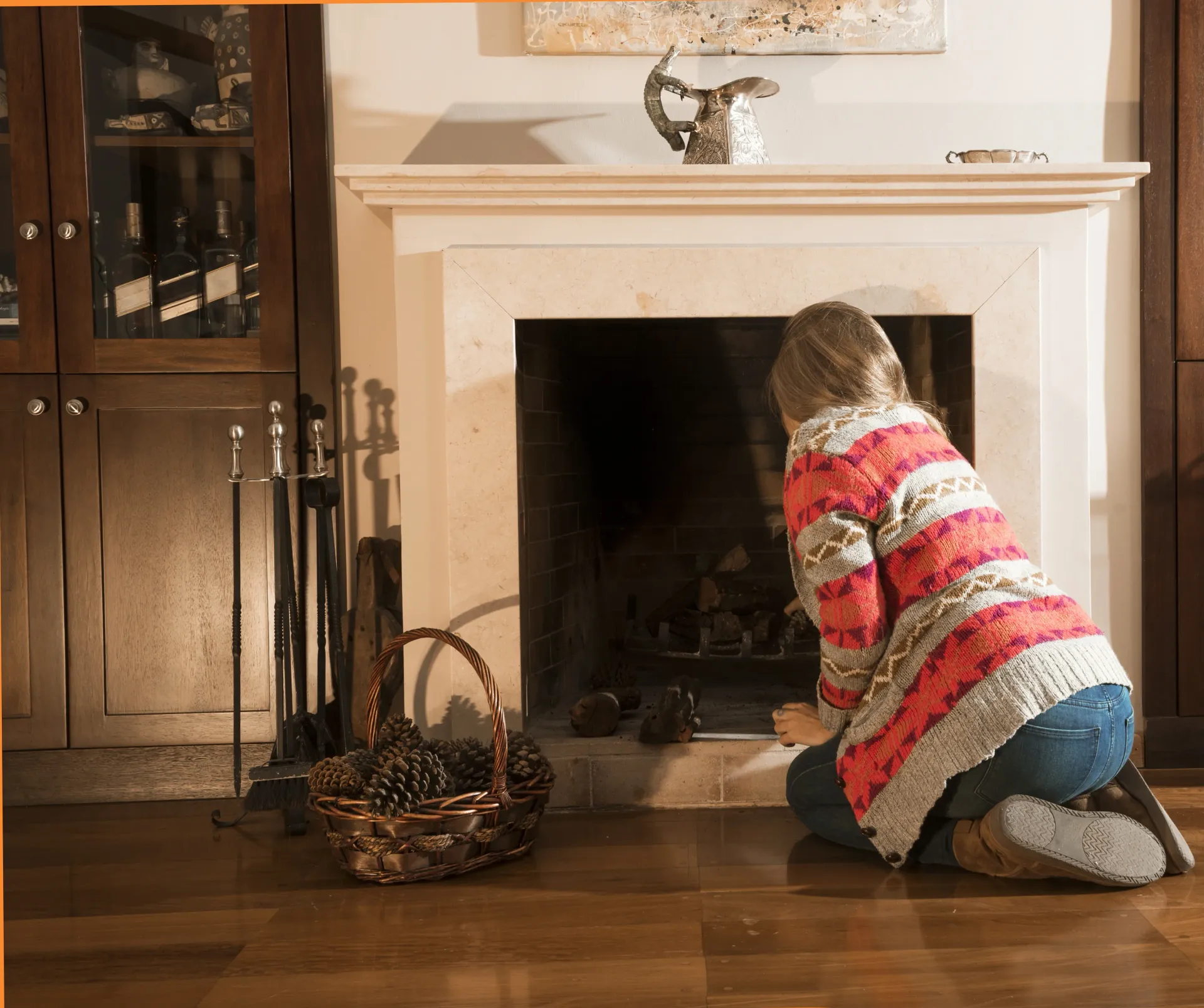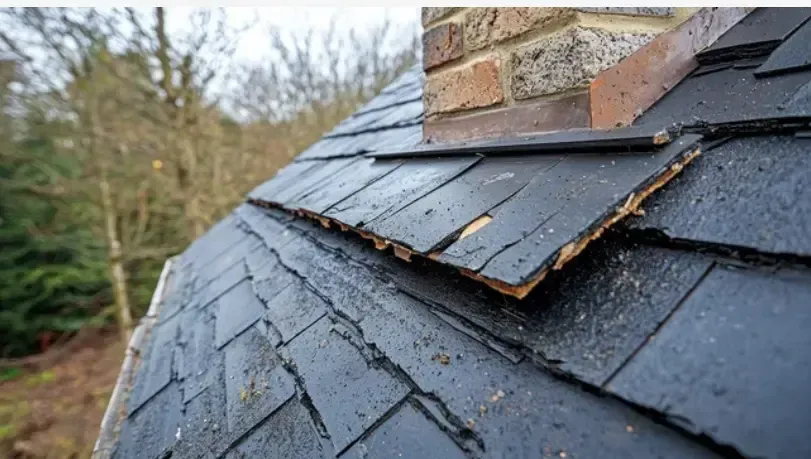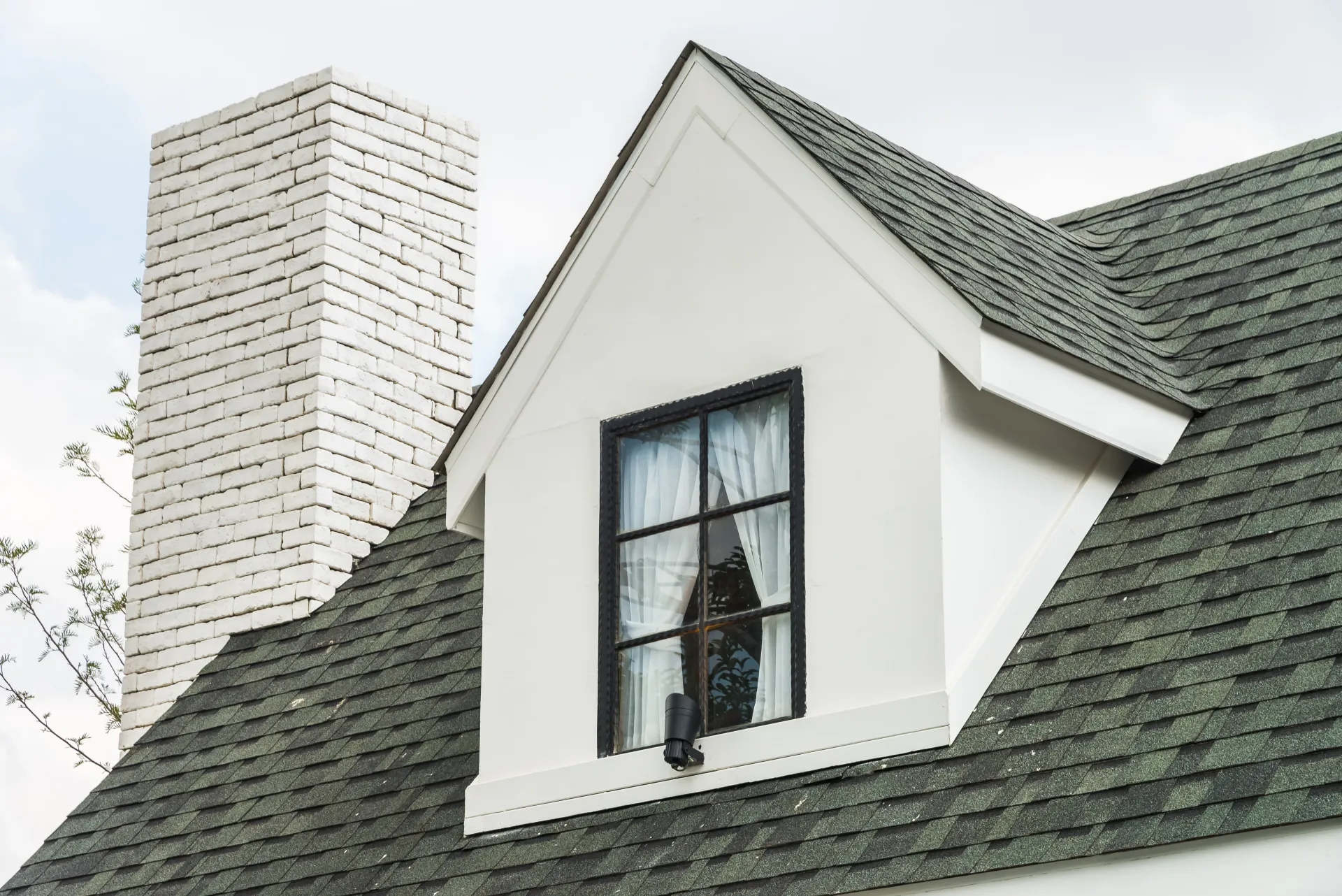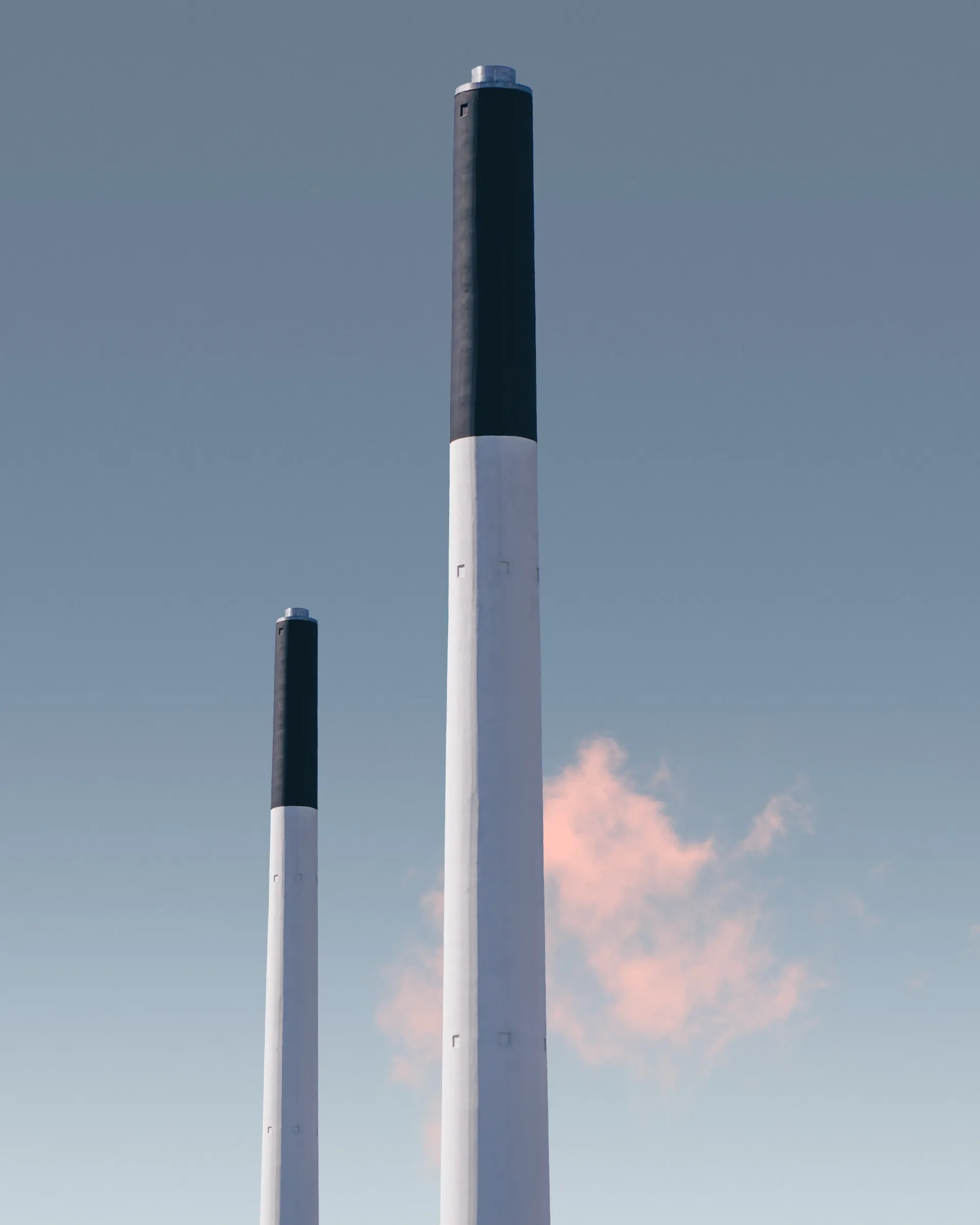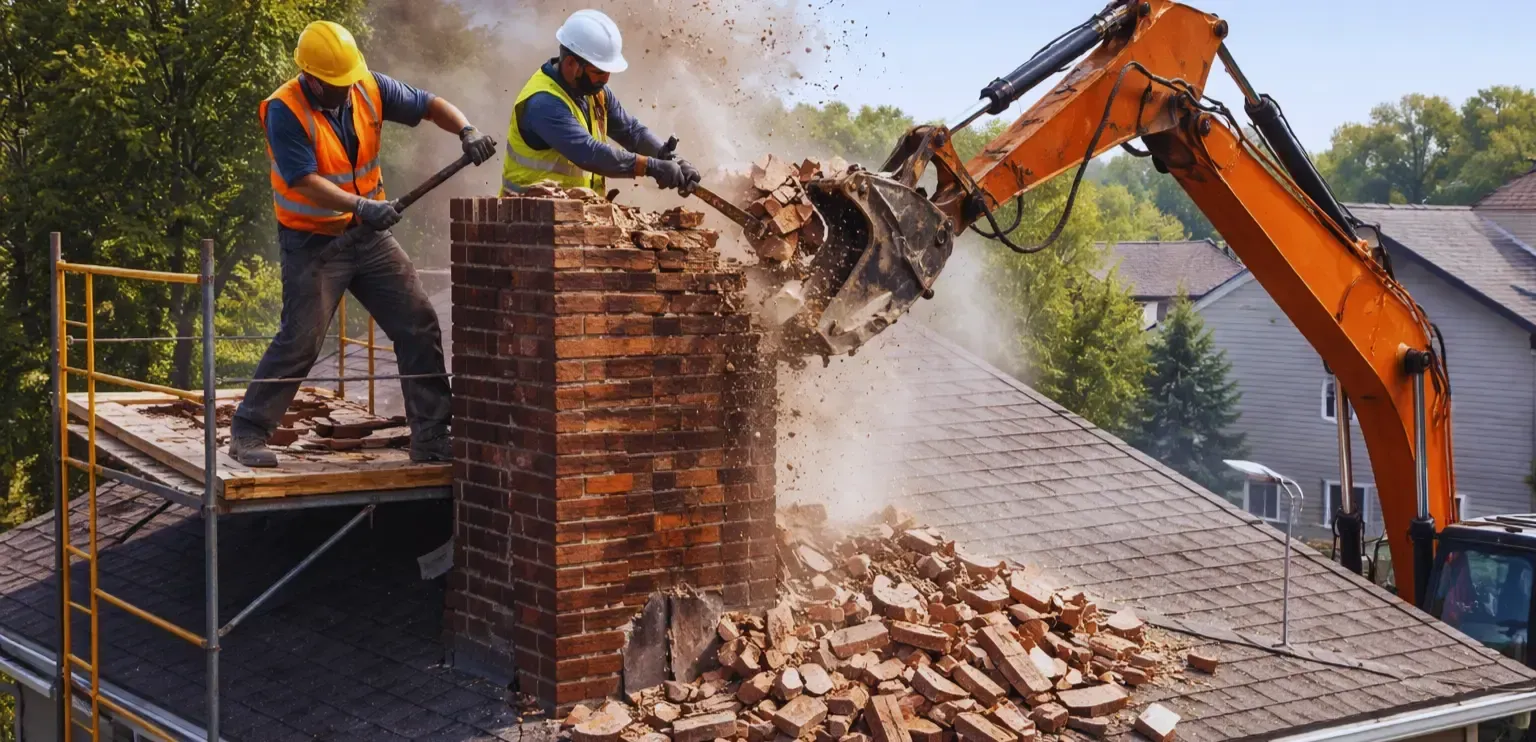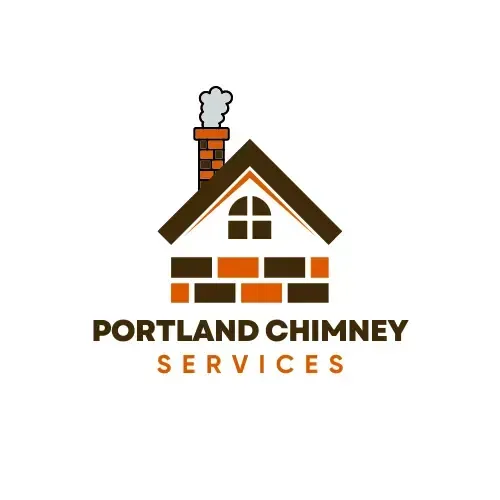Let’s face it—chimneys don’t get the love they deserve until something goes wrong. In the misty, ocean-influenced climate of Portland, Maine, ignoring your chimney could be a costly mistake. Among all the components safeguarding your home’s heating system, chimney caps are arguably the most unsung. Yet, they do everything from preventing moisture intrusion to keeping critters at bay. If you're a homeowner in Portland, understanding the importance of a chimney cap isn’t just a luxury—it's essential.
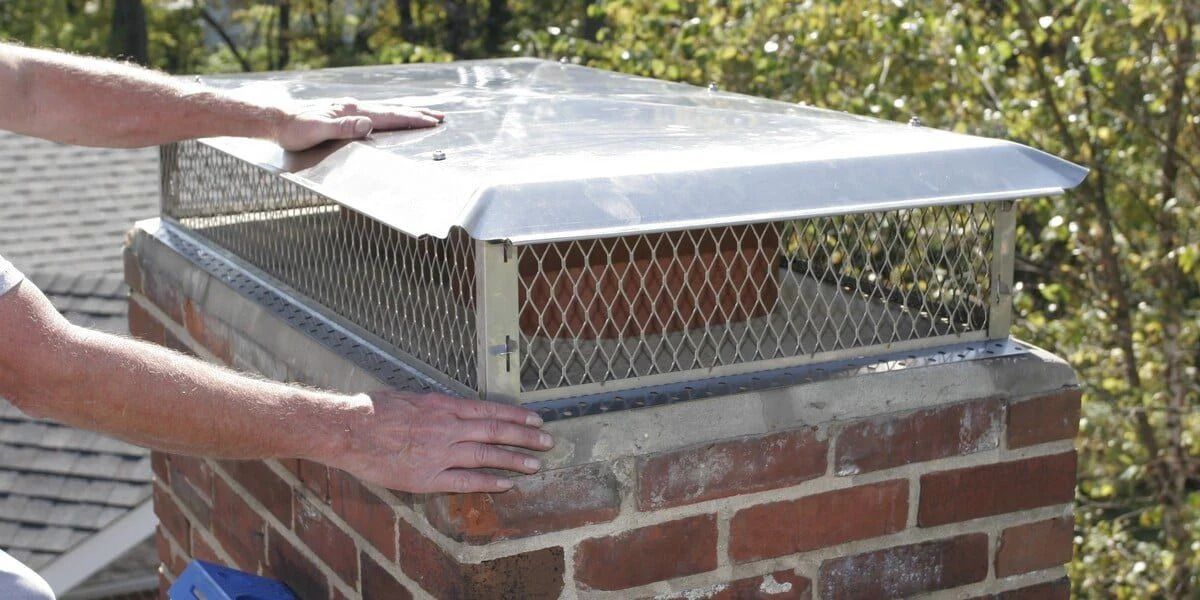
What is a Chimney Cap?
A chimney cap is a protective covering mounted on the top of a chimney flue. Usually made from stainless steel, copper, or aluminum, it acts like a helmet—sheltering your home from water, animals, and debris. These caps are designed to allow smoke and gases to escape while preventing anything else from entering the chimney.
The Importance of Chimney Caps in Portland, ME
In Portland, ME, weather is a wild card. Rain, snow, and coastal humidity are relentless. A chimney cap becomes your first line of defense. Without one, water seeps in, leading to rusted dampers, damaged mortar, and ultimately, costly repairs. Add to that the fact that critters like raccoons and squirrels love dark, warm places, and your chimney becomes a five-star hotel unless capped.
Protection Against Moisture
Water damage is the silent killer of chimneys. In Portland, where precipitation is frequent, moisture creeps into your chimney like a thief in the night. Chimney caps act as a shield, diverting rain and snow. No more rust, no more mold—just a dry, safe chimney year-round.
Animal Intrusion Prevention
You've heard it before—a flurry of wings or scratching in the chimney. Birds, raccoons, and squirrels are known invaders. Once inside, they build nests, block flues, and even perish—causing odor and fire hazards. A chimney cap ensures your flue stays for smoke only, not for furry guests.
Debris and Leaf Blockage
Autumn in Portland is beautiful, but falling leaves and twigs spell trouble for chimneys. Uncapped chimneys accumulate debris fast, leading to dangerous blockages. Chimney caps act as filters, letting out gases but keeping everything else outside.
Fire Safety First
Did you know chimney caps can act as spark arrestors? They catch stray embers that could ignite your roof or nearby trees. With Maine’s dry spells in mind, this is a safety feature no home should go without.
Energy Efficiency Boost
Here’s a surprising twist—chimney caps improve energy efficiency. By reducing downdrafts and heat loss, they help your HVAC system run less frequently. That’s good news for both your wallet and the planet.
Air Flow Regulation
Proper draft is vital for your fireplace or stove. Without a cap, winds can push air down your chimney, disrupting combustion and blowing smoke indoors. Caps stabilize airflow, keeping your home smoke-free and cozy.
Odor Reduction
Ever smell soot or smoke in your home on a windy day? Downdrafts are likely to blame. A chimney cap dramatically reduces the entry of outside air, eliminating these unpleasant odors.
Longevity of Chimney Structures
Chimneys are tough—but not invincible. Exposure to moisture and freeze-thaw cycles accelerates brick erosion and mortar decay. Chimney caps add years to your structure’s life by keeping out the elements.
Mold and Mildew Prevention
Moisture equals mold, and mold in your chimney can quickly spread into your walls and air systems. That’s not just unpleasant—it’s hazardous to your health. A cap minimizes this risk significantly.
Cost-Effective Maintenance
Prevention is cheaper than repair. A chimney cap costs a fraction of what you’ll pay to fix water-damaged interiors or animal removal. Plus, they reduce the frequency of chimney cleanings.
Types of Chimney Caps
Chimney caps come in various forms—single-flue, multi-flue, draft-increasing, and custom caps. Your choice depends on the type and number of flues you have. A professional Chimney Service can help you pick the best fit.
Materials Matter
Stainless steel is durable and rust-resistant. Copper adds a classy look and lasts a lifetime. Aluminum is budget-friendly but less robust. Choose wisely depending on your budget and home’s exposure.
Sizing and Fitting
Improperly fitted chimney caps are almost as bad as none at all. Ensure your cap fits snugly to avoid blow-offs during storms or ineffective sealing.
Style and Aesthetics
A chimney cap doesn’t have to be an eyesore. With decorative tops and powder-coated finishes, they can complement your roofline and increase curb appeal.
DIY vs Professional Installation
While you might be tempted to install a cap yourself, climbing on a roof with tools isn’t everyone’s idea of a weekend project. Professional installation ensures safety, proper fitting, and compliance with local codes.
Average Costs in Portland, ME
Expect to spend between $150 and $500 depending on material and complexity. Installation fees range from $100 to $300. Given the protection offered, it’s money well spent.
Permits and Local Codes
Portland, ME may require compliance with fire and building codes, especially in historic districts. Consult a professional chimney service before installation.
Annual Inspections
Just like your car, chimneys need yearly checkups. An annual inspection identifies early signs of wear or damage—saving you from bigger problems down the line.
Cleaning Tips
If you’re a DIY-er, use a chimney brush and safety harness. But for best results, hire pros every spring and fall. Clean chimneys vent better and last longer.
Signs of Damage
Rust stains, leaks, animal sounds, or drafts are red flags. If you notice any of these, it might be time for a new chimney cap.
Historical Home Considerations
Portland has many vintage homes. Older chimneys are often more vulnerable. A chimney cap becomes a critical line of defense against degradation.
Oceanic Climate Effects
Living near the coast? Salt air can corrode metal quickly. Opt for stainless steel or copper caps to stand up to Portland’s maritime elements.
Urban vs Rural Needs
In the city, you deal with pollution and nesting birds. In the country, it's wind and falling debris. Either way, chimney caps are a universal safeguard.
Finding a Chimney Service You Can Trust
Local, licensed, and insured providers like Portland Chimney Service offer trusted expertise. Look for companies with good reviews and warranty-backed work.
What to Expect from an Inspection
Expect a top-to-bottom evaluation—checking the cap, flue liner, flashing, and crown. A detailed report ensures you know the condition of your chimney.
Questions to Ask Before Hiring
- Do you offer warranties?
- Are you licensed and insured?
- What materials do you recommend for Portland’s climate?
Contacting Local Experts
Ready to protect your home? Contact local professionals today to install or inspect your chimney cap.
FAQs
What does a chimney cap do exactly?
It prevents water, animals, and debris from entering your chimney while allowing smoke to escape safely.
Is a chimney cap necessary in Portland, ME?
Absolutely. The local weather and wildlife make chimney caps critical for home safety and performance.
How often should chimney caps be inspected?
At least once a year, preferably before and after winter.
Can I install a chimney cap myself?
Yes, but it's risky. Hiring a professional ensures it’s done safely and correctly.
Do chimney caps prevent downdrafts?
Yes, many models are designed specifically to block wind-induced downdrafts.
How long do chimney caps last?
With proper care, stainless steel caps can last 15–20 years or more.
Conclusion: Invest in Protection
Chimney caps in Portland, ME are not optional—they're essential. Whether you're concerned about fire hazards, wildlife, or energy loss, a simple cap can make all the difference. Protect your investment, improve your home's efficiency, and sleep better at night knowing your chimney is secure.
Links:
